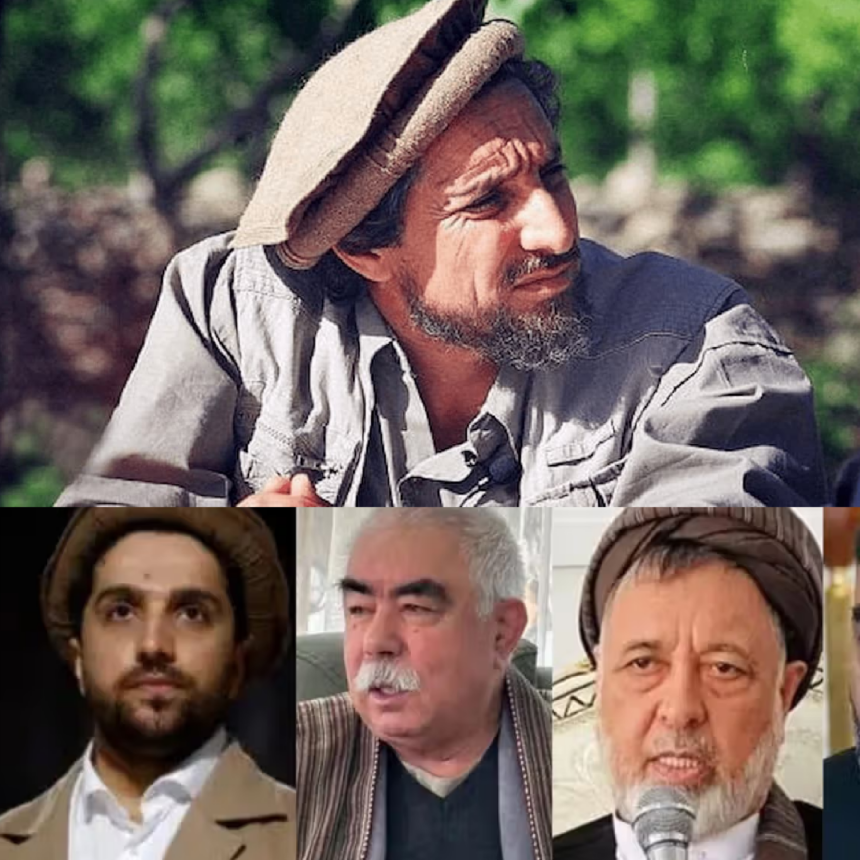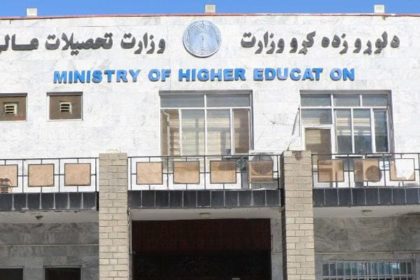RASC News Agency: On the twenty-fourth anniversary of the assassination of Ahmad Shah Massoud, Afghanistan’s National Hero, a constellation of political and former jihadist leaders convened virtually to commemorate his legacy and deliberate on the nation’s dire condition under Taliban domination. The participants repeatedly underscored a grim reality: the lack of unity among opposition forces is the greatest barrier preventing Afghanistan from shaking off the suffocating grip of the Taliban and other regional extremist networks.
Ahmad Massoud, leader of the National Resistance Front, declared that divisions and personal rivalries within the opposition are not merely weaknesses they are deliberate openings that the Taliban exploit to maintain their illegitimate hold on power. He stressed that the group thrives by manufacturing conflicting narratives, stoking internal disputes, and ensuring the resistance remains fractured. “The enemy triumphs,” Massoud warned, “when we turn our weapons against each other instead of against the Taliban’s tyranny.”
Marshal Abdul Rashid Dostum, a seasoned anti-Taliban commander and former vice president, echoed this message with uncompromising bluntness. He vowed that the Taliban must be overthrown, declaring that “to die in bed is shameful; dignity lies only in resisting oppression.” Mohammad Mohaqiq, leader of the People’s Islamic Unity Party, condemned the poisonous mistrust that has plagued opposition factions, insisting that genuine reconciliation and mutual acceptance are essential. “Without cohesion and respect for one another,” he argued, “no movement can sustain the struggle, and the Taliban’s dictatorship will continue unchallenged.”
Former vice president Sarwar Danish offered a sobering reminder that Afghanistan risks repeating the disastrous trajectory of the 1990s if leaders fail to articulate a post-Taliban vision. Without a comprehensive framework, he cautioned, the nation could again descend into chaos, as it did after the fall of the communist regime and the flawed Bonn process.
Political observers stress that the Taliban’s endurance over the past four years is not rooted in their battlefield strength, but rather in the absence of coordinated opposition. Many analysts believe that if a united, credible leadership emerges, thousands of young Afghanistani citizens together with countless veterans of the former national army and police stand ready to join a renewed resistance. The potential for a broad-based liberation movement exists, but it remains stifled by infighting and inertia among political elites.
It is widely acknowledged that the Taliban lack both national legitimacy and international recognition. Most Afghanistani citizens perceive themselves as hostages of a regime that has stripped women of basic rights, silenced civil society, and weaponized fear as a tool of governance. Yet, in the absence of a coherent counterforce, ordinary people remain trapped in an iron cage of repression, compelled to endure Taliban brutality with no immediate alternative.
The fractures within the opposition also reverberate on the international stage. Regional powers and potential global allies, wary of investing in divided and quarrelling movements abroad, have withheld meaningful support. Analysts note that this climate of distrust has left much of the anti-Taliban opposition scattered, ineffective, and politically irrelevant.
In such circumstances, experts argue, only a dramatic recalibration can alter the trajectory. Rebuilding trust, forging a collective leadership, and articulating a vision beyond Taliban rule are indispensable. Without this, Afghanistan risks decades more under a regime that thrives not through legitimacy, but through division, coercion, and fear.
The choice facing opposition leaders is stark: continue down the path of disunity, leaving Afghanistan shackled under Taliban despotism, or summon the courage to unite and reclaim the promise of a free and sovereign homeland. History, observers warn, will not forgive further hesitation.






